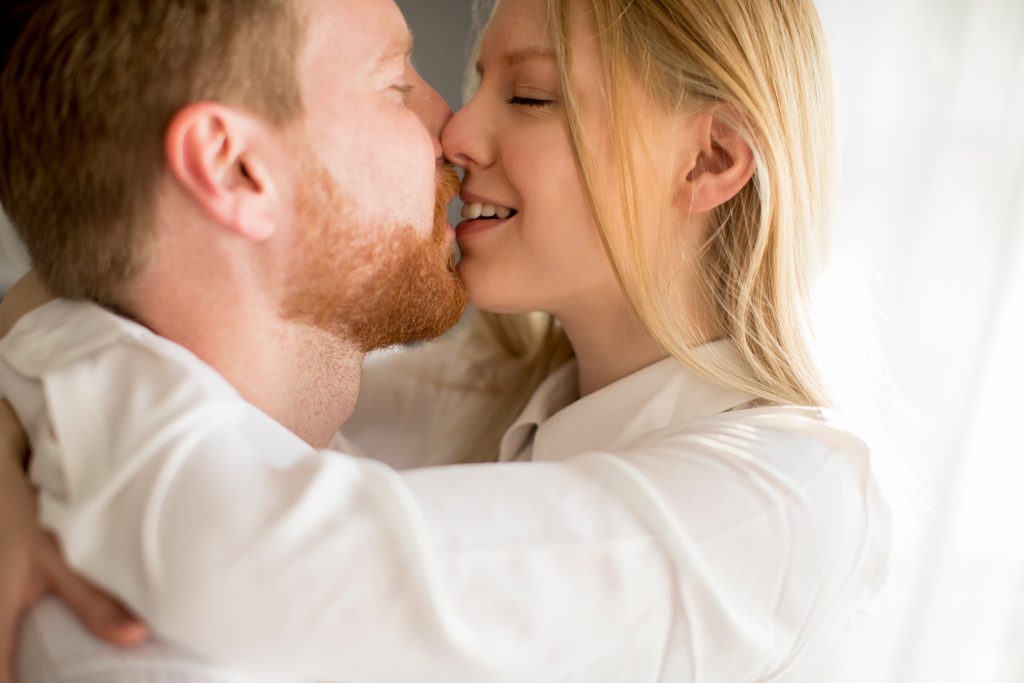How to Know If You’re Actually Ready for a Healthy Relationship
The Difference Between Wanting Love and Being Ready for It
Almost everyone desires love, but not everyone is ready for the kind of relationship that can truly sustain them. Wanting romance and companionship is natural, yet readiness for a healthy relationship requires much more than longing. It calls for emotional maturity, self-awareness, and the willingness to be vulnerable. Too often, people rush into relationships hoping that love will solve their insecurities or fill emotional voids. Instead, they find themselves repeating old patterns—clinging, withdrawing, or settling—because the deeper issues remain unresolved. Knowing if you’re ready means honestly examining not only what you want but also what you can give and sustain when the initial excitement fades.
When deeper readiness is missing, many turn to temporary alternatives to fill the space. Some pursue casual dating, distractions, or curated social media attention to feel wanted. Others may even lean into indulgent escapes such as the best escort services to experience fleeting closeness without the risks of vulnerability. While these choices can provide momentary relief, they do not replace the trust, security, and depth that define a truly healthy relationship. Recognizing whether you are seeking comfort in short-term validation or preparing yourself for long-term intimacy is one of the clearest ways to measure readiness.

Signs That You Are Ready
One of the strongest signs of readiness is self-awareness. If you understand your values, emotional needs, and boundaries, you are better prepared to choose a partner who aligns with you. Self-awareness prevents the cycle of entering relationships based solely on chemistry and then being surprised when deeper incompatibilities surface.
Emotional stability is another indicator. This does not mean being perfect or never struggling, but it does mean having the tools to regulate your emotions without placing the entire burden on your partner. People who are emotionally stable can communicate calmly, recover from disagreements, and support their partner without losing themselves in the process.
Readiness also shows up in your ability to be vulnerable. Healthy relationships thrive on openness, which means being willing to share fears, hopes, and insecurities. If you are comfortable letting another person see the real you—beyond the polished exterior—you are more likely to build authentic intimacy.
The willingness to compromise is another key trait. A healthy relationship is not about winning or being right all the time; it is about finding balance. If you are prepared to meet your partner halfway, listen to their needs, and work toward solutions together, you demonstrate maturity and readiness for real partnership.
Finally, being ready means being at peace with being single. If you see relationships as the only path to happiness, you may rush into them for the wrong reasons. But when you are content in your own life—fulfilled by your passions, friendships, and goals—you bring wholeness rather than desperation into love.
Steps to Prepare Yourself for Healthy Love
If you recognize that you may not be fully ready, the good news is that readiness can be developed. The first step is to reflect on your patterns. Ask yourself what went wrong in past relationships and whether those issues stemmed from your choices, unresolved wounds, or unrealistic expectations. Identifying these patterns allows you to approach the future with more awareness.
Another step is to build emotional resilience. Practices such as journaling, mindfulness, or therapy help you process feelings and develop healthier coping mechanisms. This way, when challenges arise in a relationship, you can respond thoughtfully rather than react impulsively.
Strengthening your sense of self-worth is also essential. When you believe in your value, you stop settling for relationships that only meet surface-level needs. Self-worth empowers you to set boundaries, walk away from unhealthy dynamics, and hold out for connections that respect your full self.
It also helps to practice vulnerability in small ways. Share more honestly with friends or family, allow yourself to express fears without shame, and learn that openness builds closeness rather than rejection. These small steps prepare you to bring authentic vulnerability into romance.
Lastly, cultivate patience. Rushing into love rarely creates healthy outcomes. By slowing down and being intentional, you give yourself time to choose a partner who truly aligns with your values and vision. Patience ensures that when you do commit, it is from a place of clarity rather than fear of being alone.
In the end, being ready for a healthy relationship is not about perfection but about preparation. While short-term escapes may ease loneliness, only self-awareness, emotional resilience, and vulnerability create the foundation for lasting love. By taking the time to grow, reflect, and prepare, you ensure that when love arrives, you are not just longing for it—you are truly ready to nurture and sustain it.